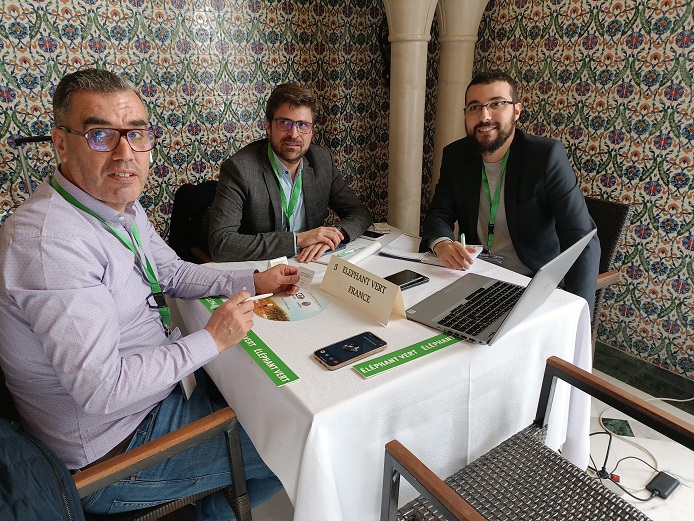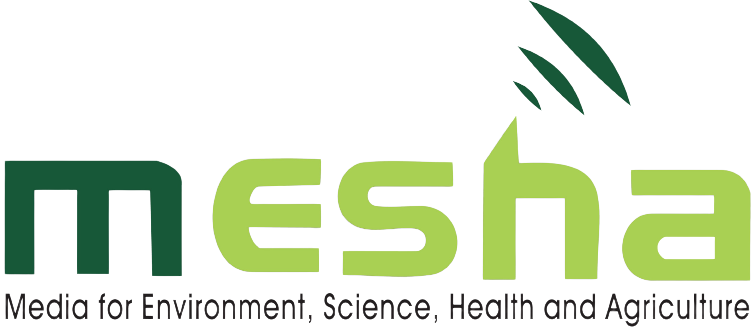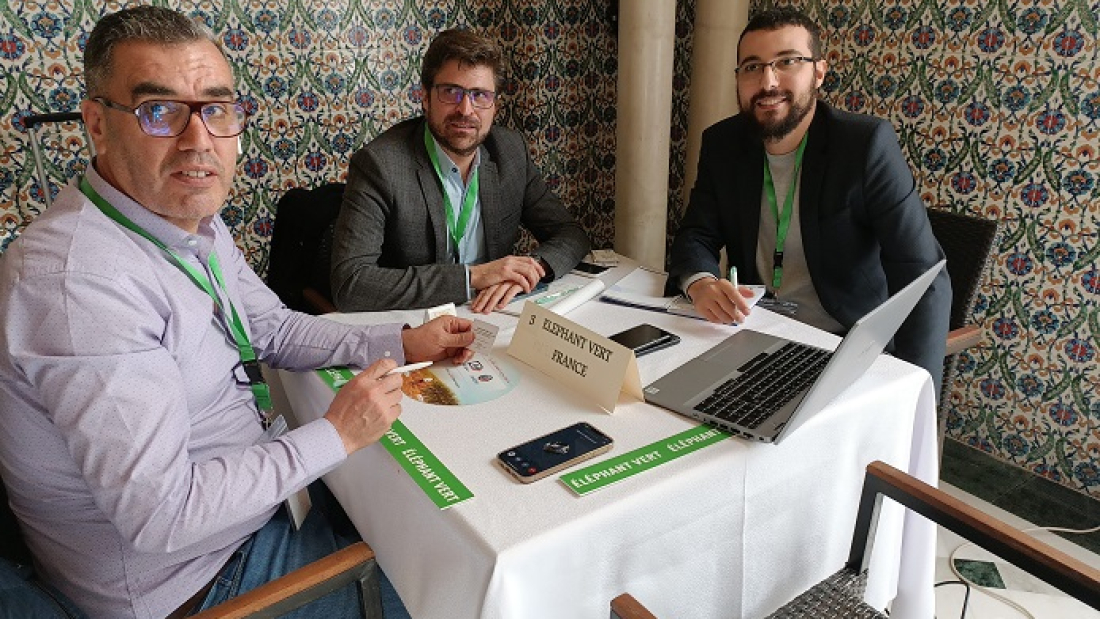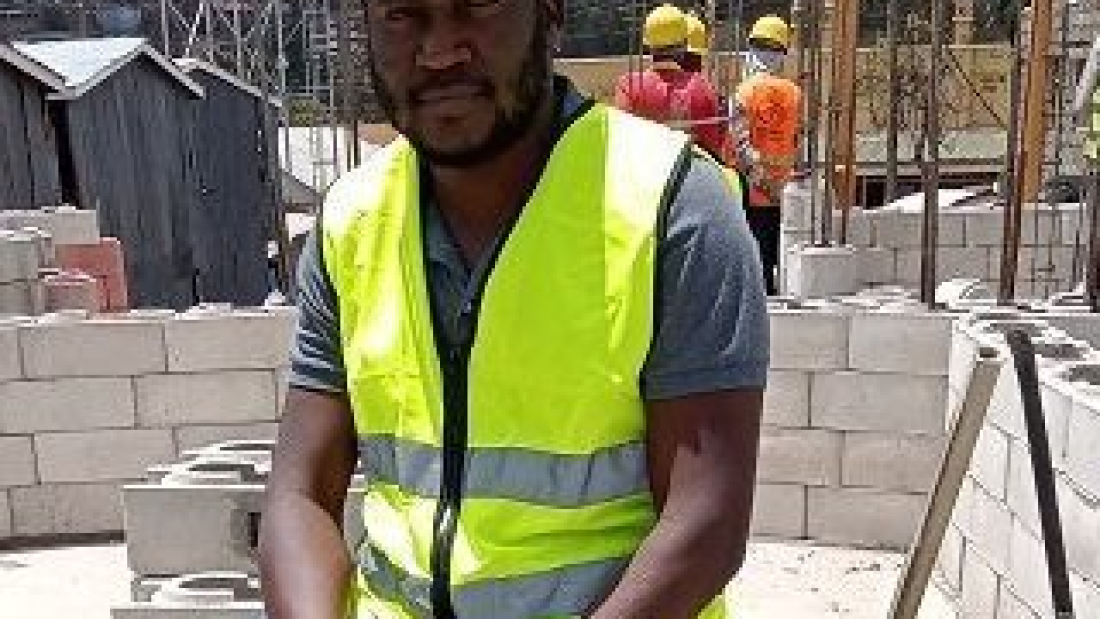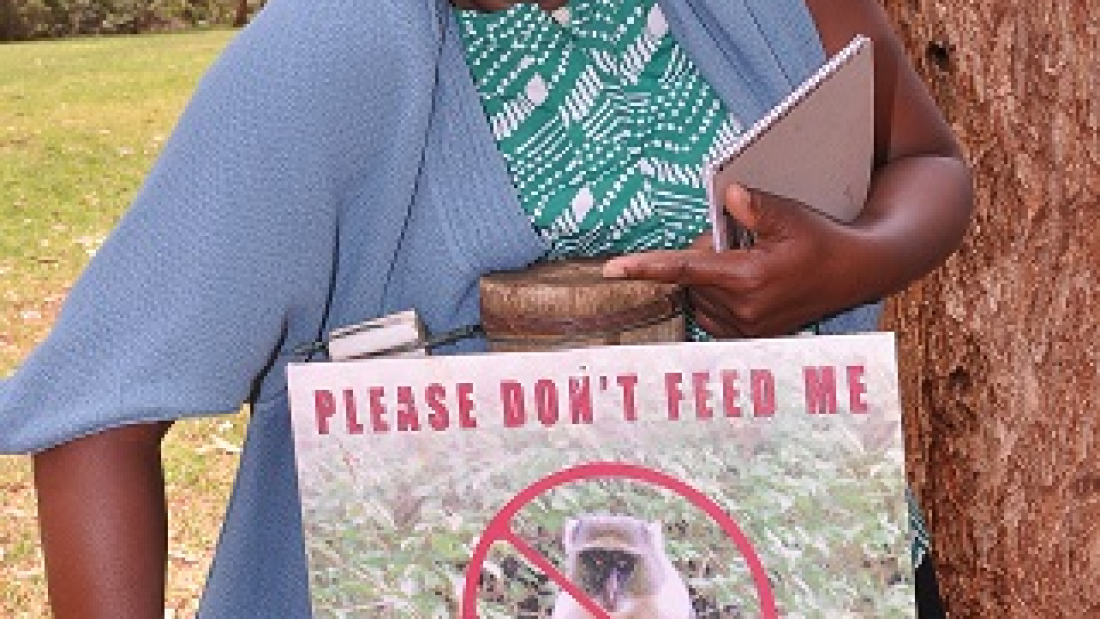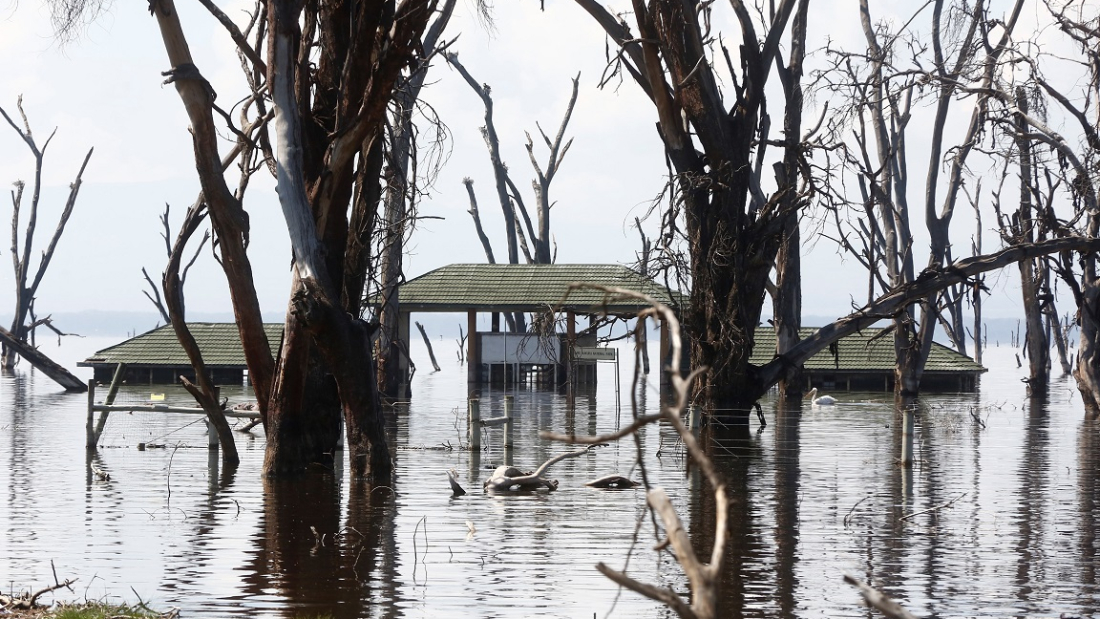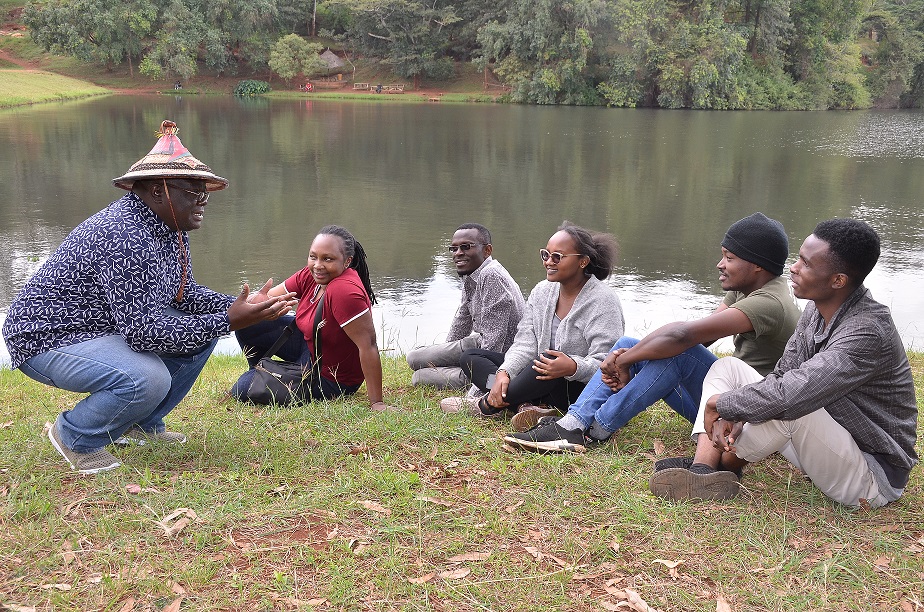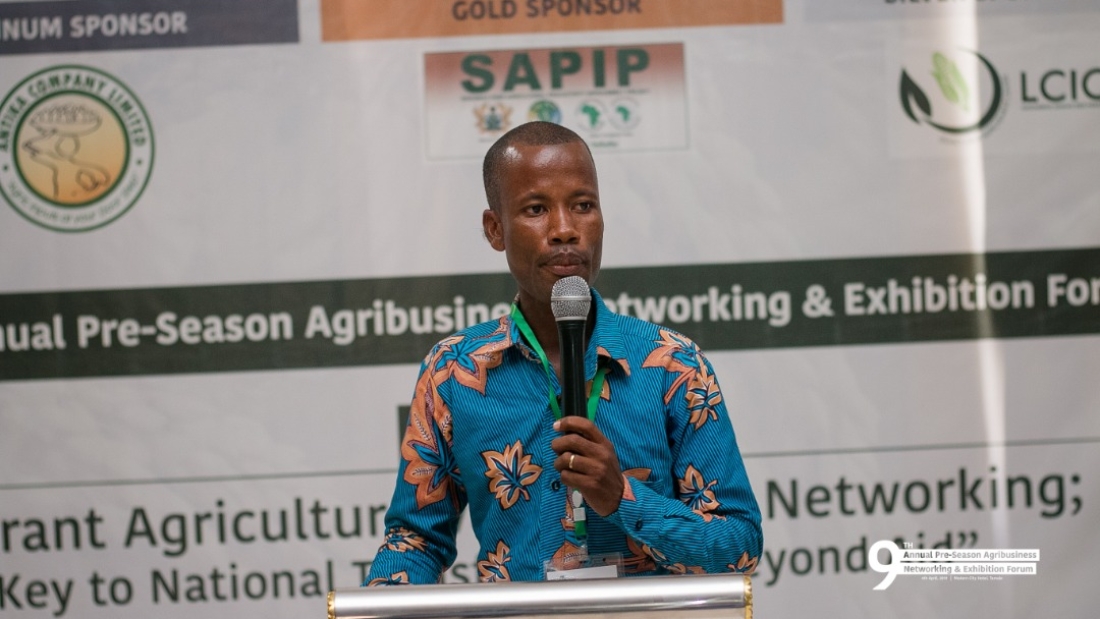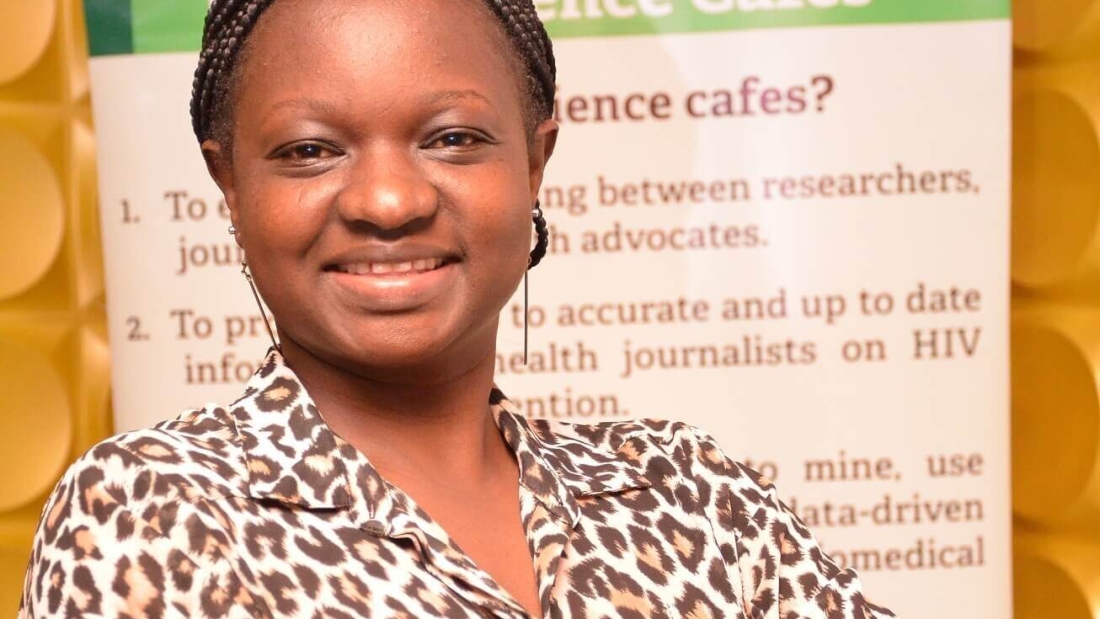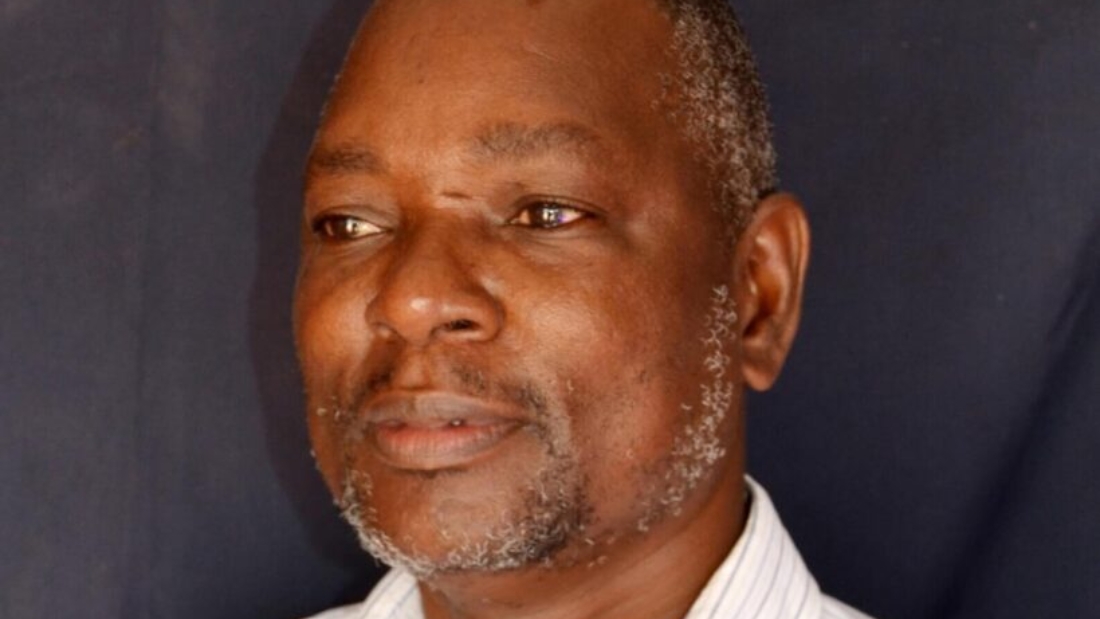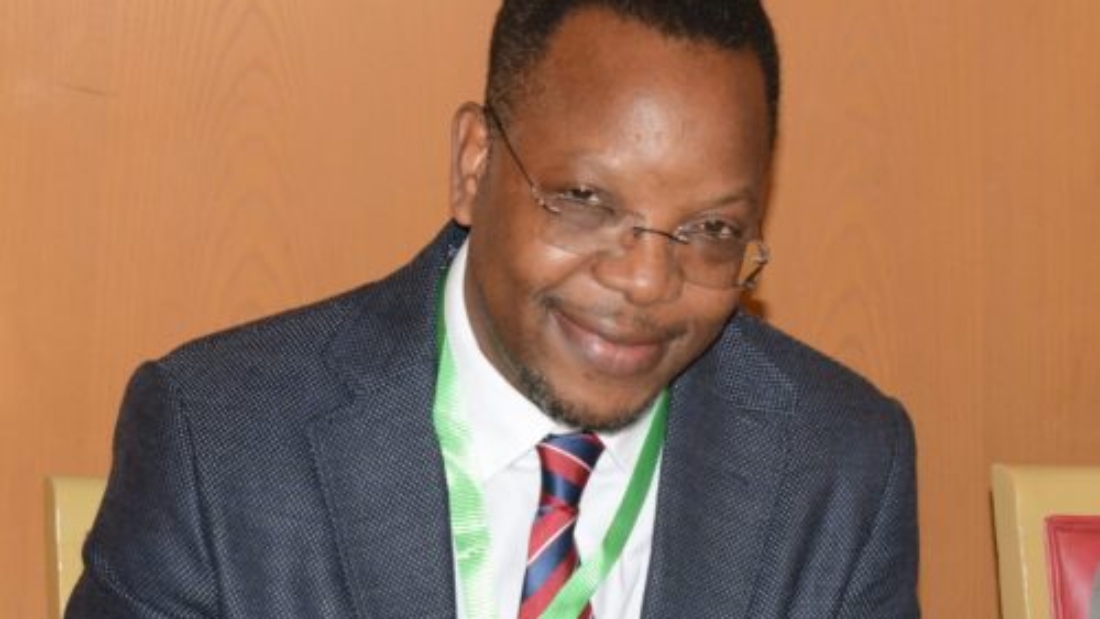By Christine Ochogo| christawine@gmail.com
Farmers in Africa now have an easy-to-use, digitised seed information tool that facilitates access to data that supports seed system development. Development Gateway – an IREX Venture (DG), The African Seed Access Index (TASAI), and Cornell University started developing the dashboard in 2019 to support policy reform by government, investment priorities by development partners, and strategy by private companies working in Africa’s formal seed sector. The new interactive digital tool dubbed Visualising Information on Seeds Using Technology in Africa (TASAI-VISTA) Dashboard will visualise and use data to support a fully functional formal seed system. Speaking during the launch of the tool at the 22nd African Seed Trade Association (AFSTA) congress in Djerba, Tunisia, a fortnight ago, Mainza Mugoya, TASAI Regional Coordinator, said the tool will enhance access to improved seeds by smallholder farmers in Africa.
The CEO of Development Gateway (DG), Mr Joshua Powell, added that the new interactive digital tool includes data from 17 African countries and displays 22 different indicators such as number of active breeders by crop, availability of basic seed, number of active seed companies/producers, number of varieties sold, and number of seed inspectors. He said that the quality and availability of seeds is a crucial component of supporting smallholder farmers to increase food security in these African countries, including Kenya, Zimbabwe, Zambia, Uganda, Tanzania, South Africa, Senegal, Rwanda, Nigeria, Mozambique, Mali, Malawi, Madagascar, Ghana, Ethiopia, DR Congo and Burkina Faso. “By providing clear data and insights on country seed systems, the TASAI-VISTA dashboard helps partners identify where and how to create policies and investments that support farmers and their crops,” said Mr Powell. Dr Ed Mabaya, Research Professor in Global Development at Cornell University and Chief Scientific Adviser to TASAI, mentioned rising populations, climate change and other environmental aspects as key factors threatening food and nutritional security in many subSaharan African countries.
He emphasised the need to improve seed quality, this being one factor that can help in addressing these challenges and that decision makers need information on where and how seed quality and availability are lagging. This dashboard, he said, is one step towards making that information more easily accessible, user-friendly and actionable. “The TASAI team has been collecting country-level seed sector data since 2015, and we are excited to share this wealth of information in this new digital format.”
Seed sector stakeholders already rely on TASAI country reports as a source of valuable information, but the new dashboard will expand their access and allow for comparisons across time and space that were difficult to do previously,” Dr Mabaya said. He explained that the TASAIVISTA Dashboard was developed after an initial assessment of stakeholders in the seed sector. Following the assessment, Development Gateway and TASAI held a co-design workshop to get feedback and to validate initial findings before incorporating user responses into the final design. “Along with the public dashboard, DG and TASAI have developed survey tools for internal use by TASAI researchers, which have allowed the team to digitise their data collection and validation process. Data collected through the new tool is published on the dashboard after final validation,” said Dr Mabaya. For much of sub-Saharan Africa, rising populations combined with climate change and other environmental factors are threatening food and nutritional security.
Experts say timely availability of improved seeds at affordable prices is critical to improving food security, resilience, and livelihoods for smallholder farmers in Africa. Improved seeds, they observe, can deliver state-of-the-art technology to farmers, including higher yields, disease and pest resistance, climate change adaptation, and improved nutrition. According to Duncan Onduu, the Executive Secretary at Seed Trade Association of Kenya, over the last two decades, formal seed systems in Africa have been gradually liberalised, resulting in increased participation of private seed enterprises. His counterpart in Ghana, Augusta Clottey, welcomed the dashboard, saying that a competitive seed sector will ensure famers access quality seeds of improved, appropriate varieties at affordable prices to help attain food security in Africa.
The launch of the tool comes amidst findings of a recent report that stated that Africa still trades in both old and new varieties.
